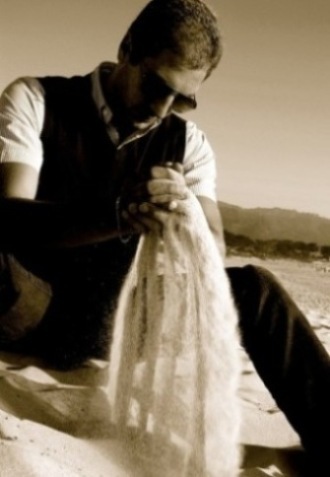Age: Exploring The Unknown
Some people believe with simple syllogism that if maturity comes from experience, and experience from age, maturity would inevitably be the fruit of age. This unsurprisingly logical sequence might seem – and even be – true, but it is clearly not immune to exceptions. The deviation from this rule can be either passive, or active. While the former appears in the case of an immature old age, the latter shows up in the case of a mature young age.
Time provides us with a vital key to maturity: the opportunity to gain experience. Unfortunately, some people waste it by fearing and avoiding opportunities they do not see or understand. Consequently, they end up losing the chance of gaining experience and reaching gradual maturity. All other things being equal, there are those who in the contrary, seize early opportunities in life and absorb a significant amount of experience before their peers. Hence, age and time would be breaking the above-mentioned sequence, and altering its dynamics. That being said, maturity is not necessarily a guaranteed product of age, and age is not the sole gateway to maturity.
In this order of ideas, Ibn Yamin – a Persian poet of the thirteenth century – used to differentiate four types of men according to the consciousness of their knowledge. His reasoning was somehow behind the philosophical distinction between “the known-known, unknown-known, known-unknown, and unknown-unknown”. In other words, there are things we know that we know, things we don’t know that we know, things we know that we don’t know, and things we don’t know that we don’t know.
With time, the ability to see and the capacity to understand improve tremendously by magnifying facts and focalizing perspectives. People get to detect what they could not perceive, and acknowledge what they once ignored. Along with this enlightenment, two main evolutions occur. On the one hand, the unknown-known unites with the known-known, and they both appear in the same basket of awareness. On the other, the unknown-unknown connects with the known-unknown, and joins the process of “knowledge acquisition”. As a result, consciousness would progressively evolve and recognize the facts we were unaware of, and target the ones we used to overlook.
Henri Estienne once said: “If youth knew; if [old] age could” (in French: si jeunesse savait, si vieillesse pouvait). While the young normally can but do not know, the old usually know but can no longer do. What if the capable knew, and the knowledgeable could? It is very important for the young to seek knowledge, and for the aged to sustain capacities.
Furthermore, being aged is different from being old. While the aged desire and plan for future accomplishments, the old rest and sleep in nostalgia. While the aged look forward to making the best out of whatever is left for them to do, the old suffer from looking back in time. While the aged seek to make a difference every day, the old remember the past and try to revive it. How can we forget what Ovid once wrote in Metamorphoses: “I grabbed a pile of dust, and holding it up, foolishly asked for as many birthdays as the grains of dust. I forgot to ask that they be years of youth". In fact, youth is not merely an image of low numbers; it is also the reflection of passion and potency, vigor and vitality, dynamism and drive.
Few are those who know how to be old, and fewer are those who master the art of staying young. Ironically, when Picasso felt how good it is to rejuvenate at the age of sixty, he sadly realized it was too late. The clock is ticking, but time is running; you can neither standstill, nor move back. Days will seem longer, but years will go faster. Live, and do not simply exist. You have passions to fulfill and dreams to realize; don’t let the envious block your way, and fearful slow you down. Feed your ambitions with enthusiasm, and look up for growth. The future awaits: seize the present, and explore the unknown.
